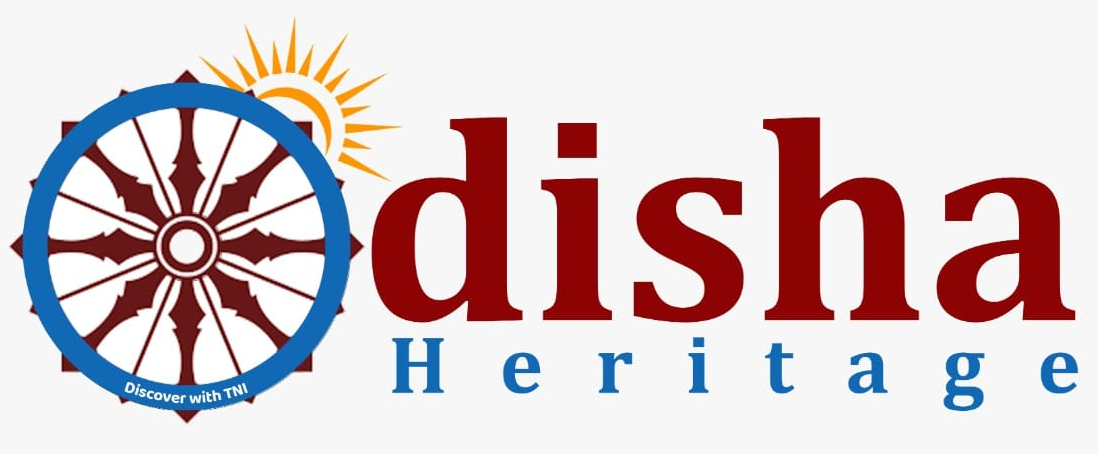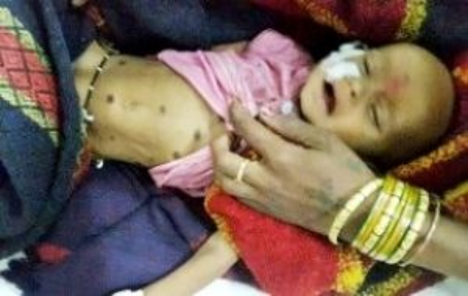Social Taboo leads to Poor Health in Tribal Areas
Tribes Odisha: Health is one of the important indicators of social development. Health of indigenous people is the perception in their own cultural system with less awareness of the modern health care and health sources. Social barriers and taboos of tribal people preventing them from utilizing available health care services.
It is an accepted fact that the most of the rural areas in India suffer from inadequate living conditions. Unsafe and unhygienic birth practices, unsanitary environments, poverty and malnutrition, poor environmental sanitation, poor hygiene and lack of safe drinking water are characteristics of most of the rural tribal areas.
As per the Census 2011, the ‘tribals’ constitute around 8.6% of the total Indian population, and almost 90 percent (89.97%) of them live in rural areas.
There have extremely pathetic condition of medical facilities we found in Odisha. Due to poor health facility, sometimes women deliver baby on the roadside and patients die as ambulances fail to reach the spot on time.
It may be Nagada, Dana Majhi episode, Dengue menace, branding babies with hot iron or Japanese Encephalitis deaths, all issues are taking place in tribal dominated areas.
Keeping pigs and goats is a part of some tribal culture. Those pigs act as hosts for the Japanese Encephalitis Virus (JEV). We had witnessed death of hundreds of kids in Malkangiri district due to JEV.
Other horrifying incidents of branding on infants with red hot iron or other heated metals are also a matter of concern. Mainly we find this age-old superstition in Nabarangpur, Koraput, Malkangiri, Rayagada and some other tribal dominated areas in Odisha. The tribals believe that a branded baby is assured of good health and becomes free of any stomach ailments.
Though the state government with the help of district administrations, is undertaking many awareness campaigns, a lot more is required to abolish the deep rooted social taboos.

